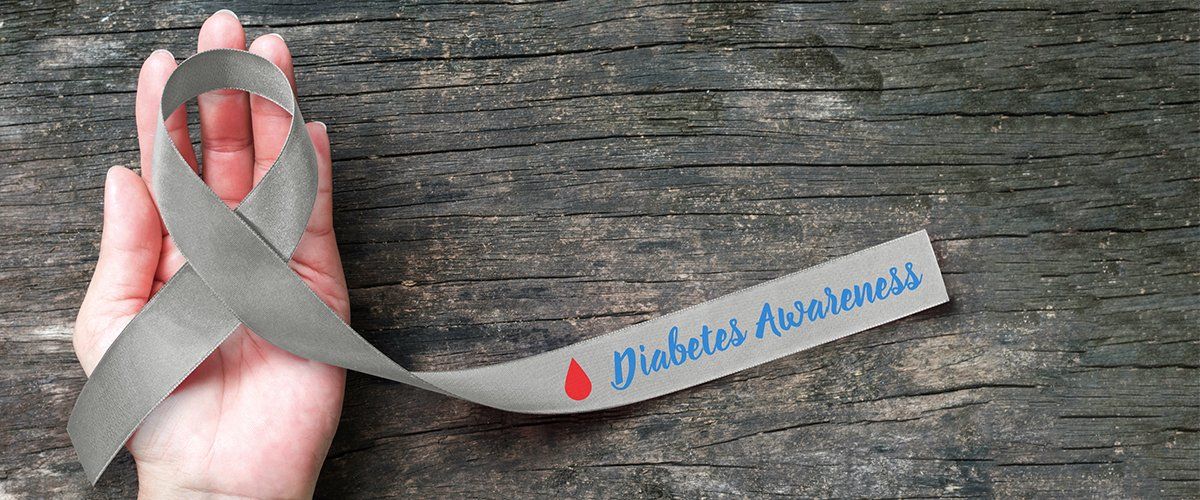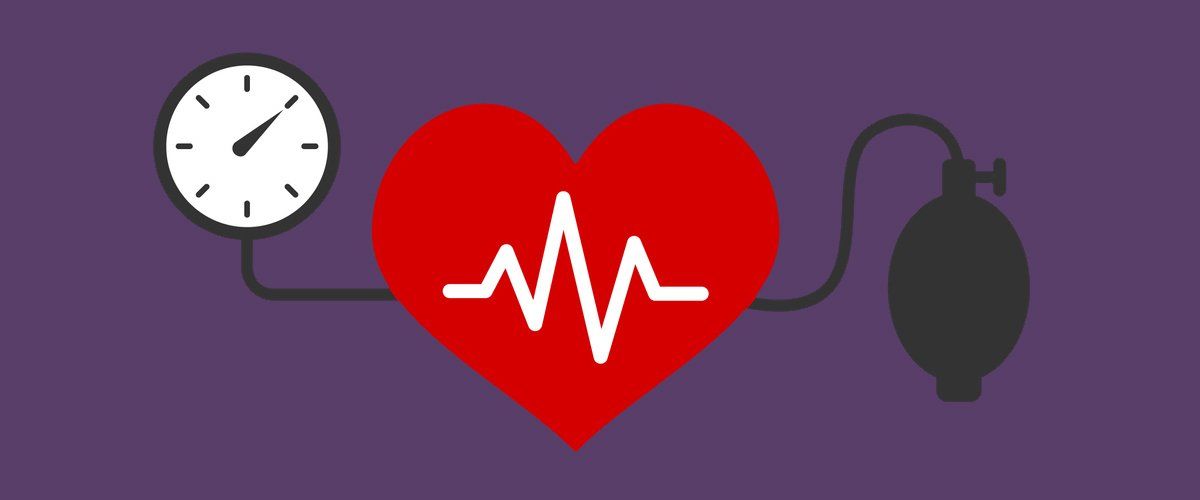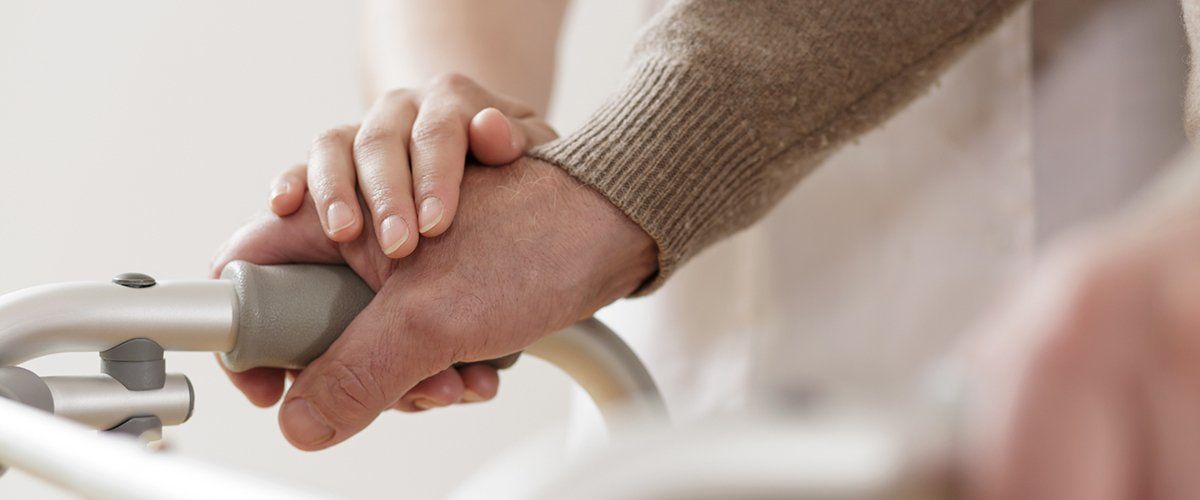Pampering Plus Inc. Blog
Caregiving for Seniors with Dementia
A Crisis Guide for Families, Friends & Caregivers
Alzheimer's disease and other forms of dementia have physical and psychological effects that can make it difficult for seniors to maintain their independence. If you have a loved one with one of these diseases, it's important to understand the changes that can occur and how to help your loved one.
Having dementia puts older adults at risk of several types of crises, including wandering, increased aggression, hallucinations and depression.
This guide from Caring.com covers the most common crisis situations and offers tips for preventing them. It also explains what to do if one of these crises occurs and provides some resources to help you navigate the complexities of caring for someone with Alzheimer’s disease or dementia.
Wandering
One of the changes that occurs in people with Alzheimer’s disease and dementia is a reduced ability to recognize familiar surroundings. This can cause them to become confused about where they are and wander away in search of a more familiar environment.
Signs That a Person May Be at Risk of Wandering:
- Displaying a high level of nervousness when visiting new places
- Asking for family members or friends they knew in the past
- Forgetting how to get around the house or navigate familiar places
- Returning from activities later than usual
- Making repetitive movements
- Pacing around the house
How To Help:
- Secure the location where your loved one lives.
- If your loved one wanders, start looking for them right away.
- If you don’t find them within 15 minutes, call 911 and report them missing.
Agitation & Aggression
You may have noticed that your loved one becomes agitated or exhibits increased aggression after an Alzheimer’s disease or dementia diagnosis. People with dementia might develop this behavioral syndrome for a variety of reasons such as increased stress, altered sleep habits or loss of independence.
Signs That a Person May Be at Risk:
- Restlessness
- Increased Aggression
- Emotional Distress
- Uncontrolled Motor Activity
How To Help:
- Be Patient & Compassionate
- Contact a trusted family member for support
- Contact your loved one's doctor
Hallucinations, Delusions & Paranoia
Even if your loved one isn’t agitated or aggressive, they may have hallucinations, delusions or paranoia as a result of their Alzheimer’s disease or dementia. A
hallucination is a false perception of an object or event.
Delusions are similar to hallucinations but while a hallucination is related to the senses, a delusion is a sincere belief in something that isn’t real.
Paranoia involves intense feelings and thoughts that are usually related to conspiracies, threats or persecution.
Signs That a Person May Be at Risk:
- Feeling a touch on their skin or something moving around inside their body that isn't there
- Hearing things that aren't there
- Seeing things that aren't there
- Smelling things that aren't there
- Believing something that isn't real
- Intense feelings and thoughts that are usually related to conspiracies, threats or persecution
How To Help:
- Stay calm and speak in a calm tone of voice
- Assure your loved one that you love them and will protect them from harm
- Distract your loved one
- Don't try to convince them that they're wrong
- Contact the primary care physician or neurologist
Abusive Behavior
The signs and behaviors mentioned above can all come together to make someone with Alzheimer’s disease or dementia prone to abusive behavior. This can include verbal abuse, such as shouting or insulting a caregiver, or physical abuse, such as hitting or kicking. Abusive behavior can have physical or emotional causes so look for the reason why.
Signs That a Person May Be at Risk:
- Verbal Abuse - Shouting or insulting a caregiver
- Physical Abuse - Hitting, pushing or kicking
How To Help:
- Stay calm
- Don't retaliate
- Reassure them that you love them and want to help
- Understand why your loved one is lashing out and make adjustments
- Ask a trusted family members for help
- Call 911 if you are in immediate danger
Depression & Emotional Changes
Experiencing emotional changes due to depression are of particular concern in the early and middle stages of the disease. Depression in people with dementia or Alzheimer’s disease might look different from others and it might be hard for them to articulate how they are feeling, so it requires extra vigilance from the caregiver.
Signs That a Person May Be at Risk:
- Struggles with feelings of guilt
- Exhibits an unusual level of sadness
- Restlessness
- Irritability
- Trouble staying focused
- Headaches
- Upset stomach
- Unexpected weight changes
- Sleeping too much
- Not getting enough sleep
- Loss of interest in normal activities
- Suicidal thoughts
How To Help:
- Reassure them that you love them and want to help them
- Contact your loved one's primary care physician
- Call 911 if your loved one is in immediate danger
Resources to Help During Crisis Situations
The signs of Alzheimer’s disease and dementia can be difficult to manage, especially if you’re new to caregiving. Fortunately, there are many resources available to help you and your family members understand the changes your loved one is going through and respond to them appropriately.
Please refer to
www.caring.com/caregivers/crisis-guide-for-alzheimers-dementia-caregivers for a more extensive list...
Pampering Plus Inc. 215-881-8902
We work closely with families to provide the Home Care and/or Home Health Care services that you’ve been looking for. Our professionals have assisted seniors in a variety of circumstances to ensure care is provided and that they are safe in their homes, no matter the situation. If you or a loved one needs extra help or support, click to contact us online today! The dependable staff at Pampering Plus is here to help!
The Alzheimer’s Association Helpline 800-272-3900
The Alzheimer’s Association helpline offers around-the-clock, 365 days per year support for the caregivers of people with dementia. When you contact the Alzheimer’s Association helpline, you’re connected with a master’s-level care consultant who can offer crisis assistance and provide information to help you make decisions regarding your loved one’s care.
The helpline is ideal for family caregivers who have no formal training in nursing or other caregiving professions. Although the helpline is staffed by master’s-level care consultants, each consultant provides information in terms that are easy for laypeople to understand. The helpline is especially useful if you need information and assistance making decisions related to your loved one’s medical care, financial affairs or legal affairs.
Alzheimer's Association of America 866-232-8484
The Alzheimer's Association of America has member organizations that can provide information to caregivers.
National Adult Day Services Association 877-745-1440
If you work during the day, you may be able to take your loved one to an adult day center, ensuring they're safe when you can't be with them. The NADSA can help you find a local center.
Caregiver Action Network 202-454-3970
Access tips and tools aimed at family caregivers.
Dementia Friendly America 202-872-0888
DFA offers tools to help caregivers advocate for their loved ones in local communities.
Family Caregiver Alliance 800-445-8106
FCA offers a
variety of resources to help caregivers get the support they need to avoid burnout.










